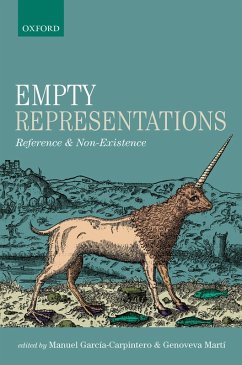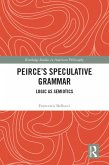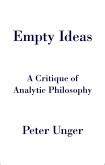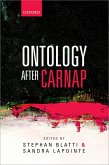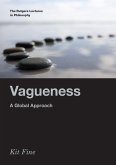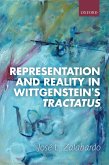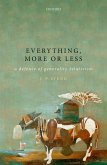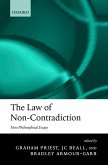It is the linguistic job of singular terms to pick out the objects that we think or talk about. But what about singular terms that seem to fail to designate anything, because the objects they refer to don't exist? We can employ these terms in meaningful thought and talk, which suggests that they are succeeding in fulfilling their representational task. A team of leading experts presents new essays on the much-debated problem of empty reference and thought. In the 1960s and 1970s Keith Donnellan, David Kaplan, Saul Kripke and Hilary Putnam initiated a revolution in the then standard conception of reference--a concept at the core of philosophical inquiry. The repercussions of the revolution, particularly felt in metaphysics and epistemology, were soon refined by other influential writers such as Tyler Burge, Gareth Evans, and John Perry. They argued that some linguistic and mental representations have contents individuated by what they are about--by ordinary referents of expressions such as proper names, indexicals, definite descriptions and common nouns, i.e. by planets, people or natural kinds. The view was at odds with a central philosophical presumption at that time: that cognitive and linguistic access to objective reality is indirect and accidental, mediated by general descriptive characterizations, the only constitutive semantic feature of the expressions; hence its ontological and epistemological repercussions. A turning-point in the debate about how linguistic and mental representation reach external contents concerned the nature of empty mental and linguistic representations, framed by means of the very same expressions crucially invoked in the Donnellan-Kaplan-Kripke-Putnam arguments. The papers in this volume address different aspects of reference and thought about the (apparently) non-existent.
Dieser Download kann aus rechtlichen Gründen nur mit Rechnungsadresse in A, B, BG, CY, CZ, D, DK, EW, E, FIN, F, GR, HR, H, IRL, I, LT, L, LR, M, NL, PL, P, R, S, SLO, SK ausgeliefert werden.

